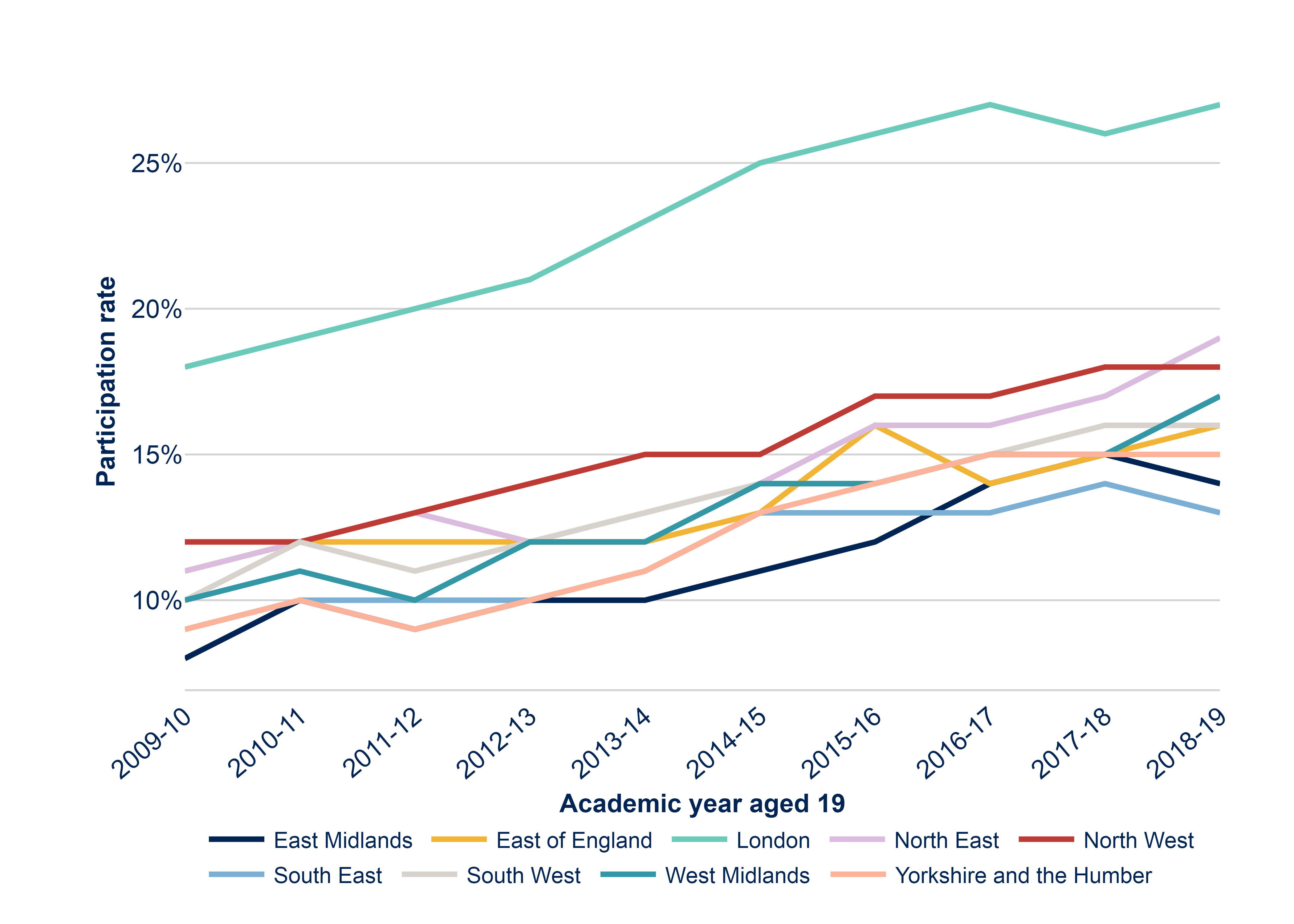In the United Kingdom, 88 percent of HE providers are private. More than one million people enrol in higher education every year. The majority of these students earn Bachelor’s degrees, usually with honours. However, there are other options as well. You can obtain a Master’s degree or PhD in England or Wales. In the UK, undergraduate and postgraduate degrees are equally popular. The UCAS tariff, or points scoring system, is used to determine admissions to these courses.
88 percent of private HE providers are located in England
A reliable official list of private HE providers in the UK has yet to be published. In the absence of a comprehensive regulatory regime, such incidents tend to go unnoticed, with the exception of a few high-profile cases. The current UK government is keen to expand the private HE sector, but the more providers there are, the more competition – and the risk of market exit.
Of the 88 percent of private HE providers in England, only a small minority are in London. Nearly half of all providers are in the southeast of the country. Before the government began cracking down on “bogus” colleges, just five providers held the titles of University College or University. They were largely professional training colleges. Today, there are nine providers with degree-awarding powers. Of these, the University of Buckingham is the only one outside of London that has been granted university status.
Public universities are also vulnerable to failure. With uncapped recruitment, students will likely gravitate to higher profile institutions and part-time study will collapse the income of lower-profile public providers. Public providers can also fail because of financial mismanagement and overly optimistic borrowing. However, HEFCE can block major borrowing and restrict recurrent teaching funding for three consecutive years. However, private HE institutions are not without risk.
While a private sector has unique challenges, many problems remain unaddressed. Competition in higher education is fierce, and the risks of failure are higher for those outside of London. This may be due to the large concentration of private providers in the capital. Private providers in London compete with each other for the same pool of students. While the proportion of private providers outside of England is small, the trend is consistent with the broader picture of private enterprises.
Bachelor’s degrees with honours
Generally speaking, Bachelor’s degrees with honours are those obtained after a 3-year undergraduate course. Students must also submit an acceptable dissertation in their final year in order to gain the honours. If the student fails the final-year dissertation, they can still earn an overall degree pass, which will be graded as ‘Pass’ or ‘Ordinary’. In UK higher education, Bachelor’s degrees with honours are not always three-year courses. For example, bachelor’s degrees with honours in Scotland are four-year degrees, with a requirement to write a dissertation or essay.
The highest honours degree available in UK higher education is a first class. Although most undergraduate students are unable to take two full subjects, some universities are known to award double firsts – Oxford, Cambridge, and Glasgow, for example. To secure a first class degree, you must work extremely hard and be passionate about your chosen subject. A first-class degree will give you a competitive advantage in employment, graduate programmes, and post-graduate studies.
A Bachelor’s degree with honours can broaden your career options. In the UK, graduates have higher employment rates and are paid PS9,500 more than non-graduates. The Graduate Labour Market Statistics 2020 report from the Department of Education shows that graduates have a better chance of finding a job, and earning PS9,500 more than non-graduates. You can find thousands of courses in the UK and abroad.
Foundation degrees are Level 5 courses which sit below the Bachelor’s degree and can be ‘topped up’ to a full honours degree. Entry requirements vary depending on the subject you’re interested in, but typically include a number of A-levels and relevant industry experience. The admission process is usually highly individual. While a Bachelor’s degree is the most common option, it’s possible to complete it in less than a year.
Some Bachelor’s degree courses require up to 120 credits. The average requirement for Bachelor’s degree with honours is 360 points, or 120 credits at FHEQ level 5. It’s important to note that some institutions allow unrelated subjects to be combined, such as French and mathematics. Another option is to study modules rather than a full Bachelor’s degree. In this way, the students can take credit from discrete courses and accumulate points as they pass each module.

